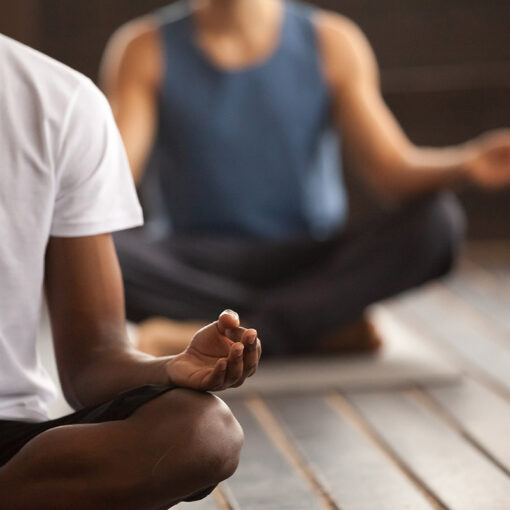Why You Should Practice Yoga, Or Become An Expert!
We live in a culture where our minds and nervous systems are stimulated constantly, yoga offers the space to slow your mind down and restore a sense of balance. It’s unclear what the direct cause is for this booming growth and rise in the popularity of yoga, but such interest may be attributed to the promising benefits that yoga and mindful practices offer.
The eight-limb system is an integral and highly regarded part of yoga. Today, we practice asana, the physical postures, the most. These were developed in the early 20th century by Sri Tirumalai Krishnamacharya. Then, three of his most well-known students further developed particular styles of yoga, each with something different and beneficial to offer.
Many styles practiced today have evolved from these three students, including Vinyasa yoga, where poses are linked with breathing to create a flowing, dynamic, and creative sequence.
Today, we’re in an unparalleled position to engage with yoga through a multitude of channels. There are countless ways to practice, i.e., from studios, gyms, community centers, schools, and outdoor venues, to online videos and social media channels. You can also fully immerse yourself by attending conferences, trainings, and retreats all over the globe.
With so many ways to engage with yoga, you’re in an optimal position to begin or enhance your practice and tailor it to best support your health and well-being.
The History Of Yoga And How Its Developed Into The Practice You Know Today.
Ask any yoga practitioner to define yoga, and you’re likely to get a myriad of answers. For some, it’s a way to feel good in their bodies, for others it’s a spiritual practice, and for many, a way of life. But regardless of your approach, yoga can help reshape and unravel your habitual or unconscious patterns.
Practicing yoga helps provide a foundation and tools to building good habits, such as discipline, self-inquiry, and non-attachment. This exercise is also a pathway to empower you to make conscious choices to live a healthy and fulfilling life. Today, many agree that the word yuj, which yoga derives from, refers to greater internal states, such as clarity, peace, and happiness.
One prevalent definition comes from “The Yoga Sutras of Patanjali”, compiled before 400 A.D. In the second verse of the first book, yoga is defined as the “cessation of mind wandering.” The sutras also provide an eight-limb system that guides the practitioner to transcend beyond the mind and attain yogic freedom.
The Takeaway.
Make a commitment to yourself and your practice if you want to use yoga to lose weight. Make small, gradual changes and set modest goals so that you’re more likely to stick to them.
As you deepen your practice and your awareness, you may find yourself naturally attracted to healthy foods and ways of living. While it’s not guaranteed that you’ll lose weight, it’s definitely likely. Your positive results may extend far beyond weight loss.






